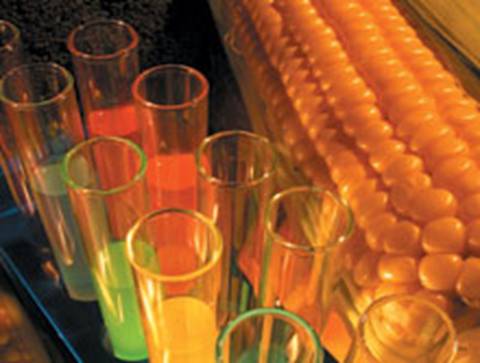|
The Pros of GMOs
|
|
|
Biotechnology which is “the use of living things to make products” (Public Understanding of Biotechnology) was started in the early 1900's, only a couple decades after Louis Pasteur identified the use of microbes in 1859. Arguments about the benefits and cost have been going on just as long, and continue to go on till this day. Biotechnology is a good tool to some people because it allows components to be added to our foods, as well as helping in the creation of medicines. Genetically Modified Organisms (GMOs) have benefits in many different areas. Those areas include crops, animals, the environment, and society. When dealing with crops, GMOs are beneficial because they enhance the taste of the fruit or vegetable, reduce the time the plant spends maturing, and increases nutrients and stress tolerance. In addition, biotechnology also helps improve resistance to disease, pests, and herbicides. With GM animals, it allows better quality yields of the meat, eggs or milk that an animal produces. Also some studies have shown that it increases the animal’s health and productivity. Environmentally GMOs are beneficial because they are “friendly to the environment.” Since there is no need for herbicides and insecticides, there will be less water pollution and killing of insects. GMOs also help with conservation of soil, water and energy because you need less of these things to make the Organism grow. Lastly they are beneficial to society because our population across the world is constantly growing as well as the fear of us running out of natural resources. Biotechnology has allowed for us to be able to mass produce different types of food, which will permit us to increase our food supply around the world. Sources: http://www.ncbe.reading.ac.uk/NCBE/GMFOOD/technology.html
|

